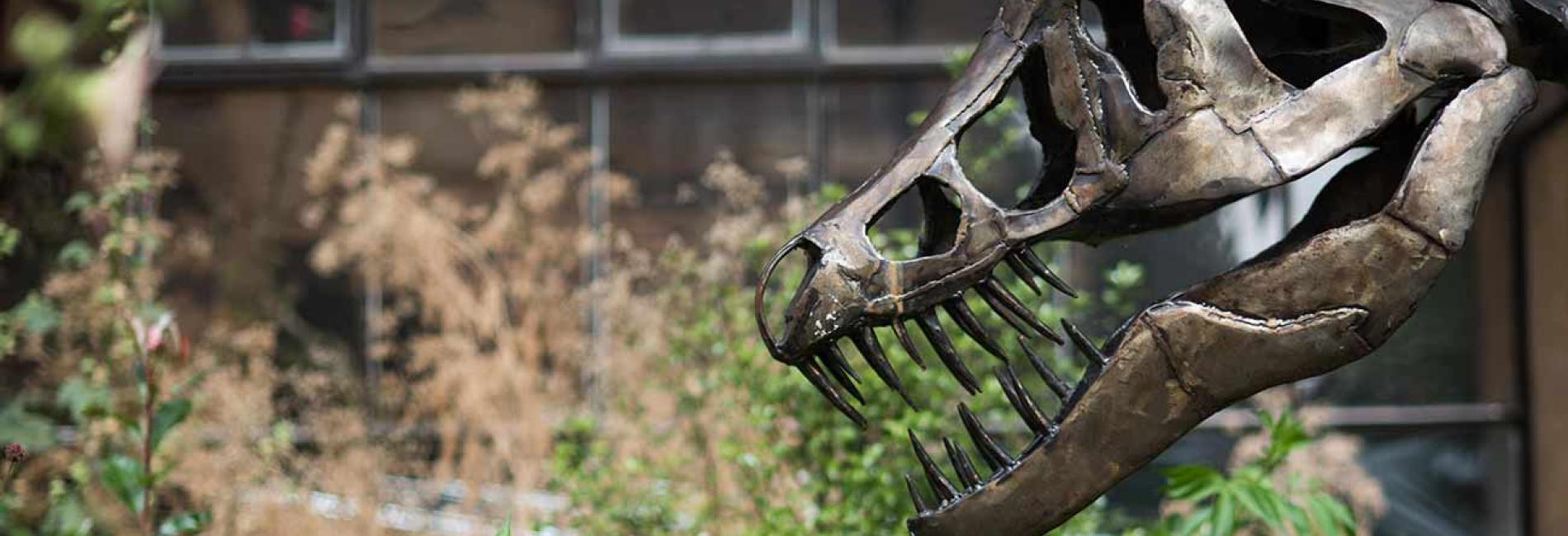This accessibility statement applies to the University of Cambridge Museums website: www.museums.cam.ac.uk.
The University of Cambridge Museums (UCM) want as many people as possible to be able to use this website. For example, that means you should be able to:
- zoom in up to 300% without the text spilling off the screen
- navigate most of the website using just a keyboard
- navigate most of the website using speech recognition software
- listen to most of the website using a screen reader (including the most recent versions of JAWS, NVDA and VoiceOver).
We’ve also made the website text as simple as possible to understand.
AbilityNet has advice on making your device easier to use if you have a disability.
How accessible this website is
We know some parts of this website are not fully accessible:
- you cannot modify the line height or spacing of text
- some PDF documents are not fully accessible to screen reader software
- live video streams do not have captions.
Feedback and contact information
If you need information on this website in a different format like an accessible PDF or large print, please email us: info@museums.cam.ac.uk
We will aim to get back to you within three working days.
Reporting accessibility problems with this website
We’re always looking to improve the accessibility of this website. If you find any problems not listed on this page or think we’re not meeting accessibility requirements, contact us by email: info@museums.cam.ac.uk
Enforcement procedure
The Equality and Human Rights Commission (EHRC) is responsible for enforcing the Public Sector Bodies (Websites and Mobile Applications) (No. 2) Accessibility Regulations 2018 (the ‘accessibility regulations’). If you’re not happy with how we respond to your complaint, contact the Equality Advisory and Support Service (EASS).
Contacting us by phone or visiting us in person
Find out how to contact us: https://www.museums.cam.ac.uk/about-us/contact-us
Technical information about this website’s accessibility
UCM is committed to making its website accessible, in accordance with the Public Sector Bodies (Websites and Mobile Applications) (No. 2) Accessibility Regulations 2018.
This website is partially compliant with the Web Content Accessibility Guidelines version 2.1 AA standard, due to the non-compliances and exemptions listed below.
Non-accessible content
The content listed below is non-accessible for the following reasons.
Non-Compliance with the accessibility regulations
Principle 1:Perceivability
- Some audio lacks transcriptions. These are mainly podcast content. This doesn’t meet WCAG 2.1 success criterion 1.1.1 (non-text content).
- Some parts of the text (especially links and some navigational headers) do not have adequate contrast. This doesn't meet WCAG 2.1 success criterion 1.4.3 (contrast).
Principle 4: Robust
- Not all of our PDFs meet accessibility standards - for example, they may not be structured so they’re accessible to a screen reader. This doesn’t meet WCAG 2.1 success criterion 4.1.2. We are currently working on making them accessible or providing accessible alternatives.
Content that’s not within the scope of the accessibility regulations
PDFs and other documents
- Some of our older PDFs and word documents don’t meet accessibility standards - for example, they may not be structured so they’re accessible to a screen reader. This doesn’t meet WCAG 2.1 success criterion 4.1.2
The accessibility regulations do not require us to fix PDFs or other documents published before 23 September 2018 if they’re not essential to providing our services. However, we are currently working on updating all of our PDFs and other documents or providing alternative accessible versions.
Live video
We do not plan to add captions to live video streams because live video is exempt from meeting the accessibility regulations.
What we're doing to improve accessibility
We are committed to continuing to improve accessibility to our website. If you would like to help us test this website, please get in touch: info@museums.cam.ac.uk
Preparation of this Accessibility Statement
This statement was prepared 1 September 2020. It was last reviewed 9 January 2023.
This website was last tested in January 2023. The test was carried out in-house, by UCM staff.


